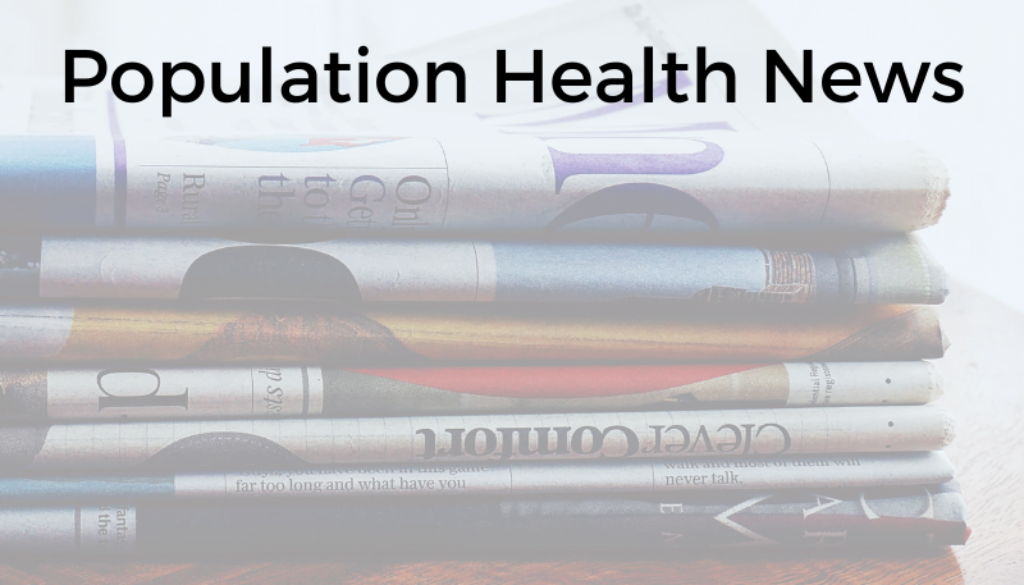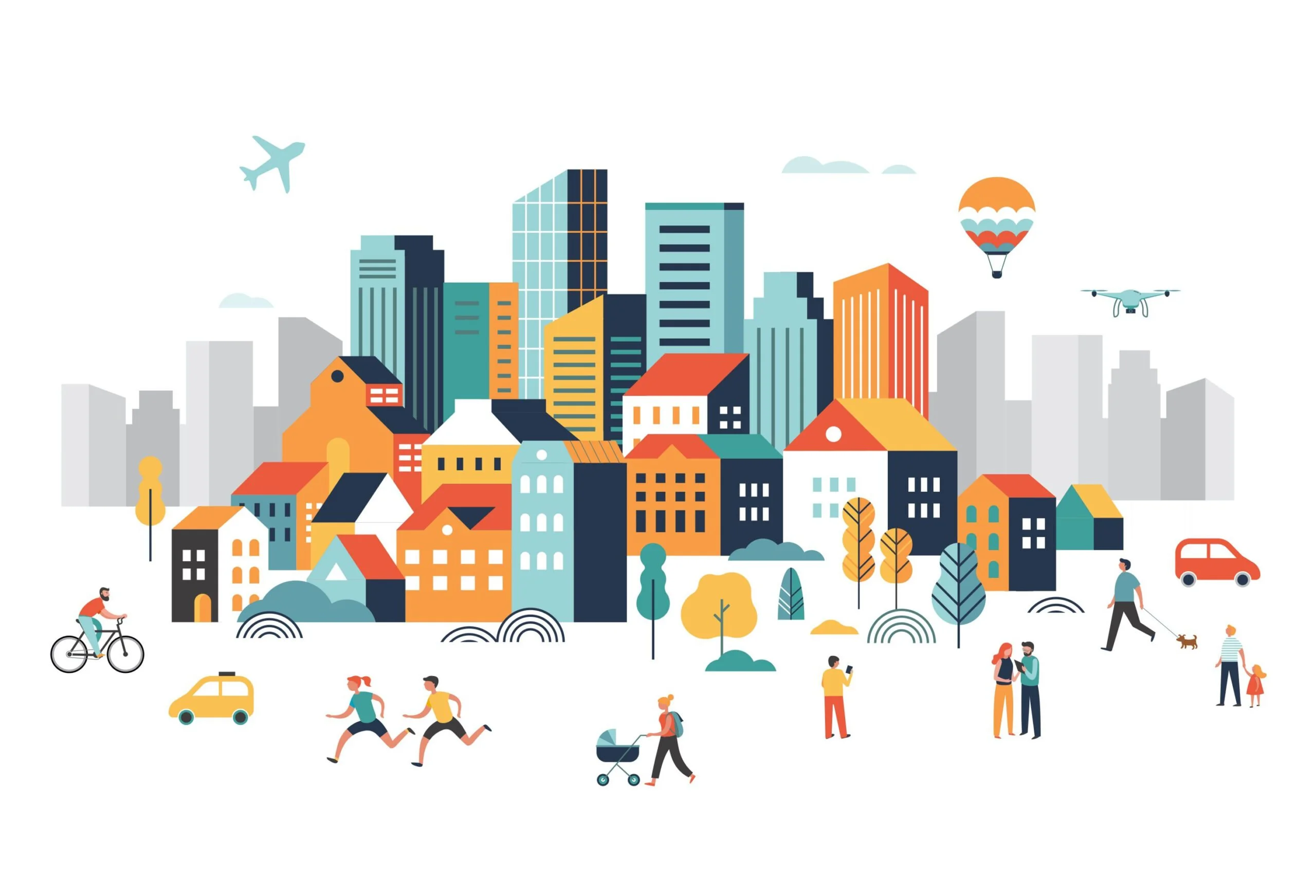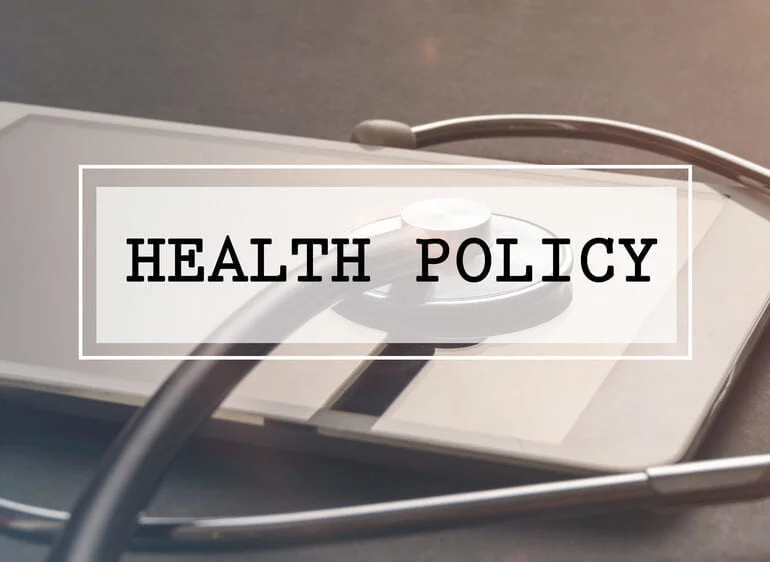Population Health News Round-Up: August 2024
JoAnne Dyer
Health Equity and Disparities
Racism is making us sick: A new book, Systemic: How Racism is Making Us Ill, by Layal Liverpool “examines the health gap between people in marginalized ethnic groups and their white counterparts.” Among other factors, the author looks at false beliefs about biological differences between people of different ethnicities and the over-diagnosis of schizophrenia among Black people. (BBC, June 10, 2024)
Parental deportation and PTSD: Among US-born Latinos, “Having a parent deported during childhood was associated with more than twice the odds of meeting criteria for PTSD symptoms. Having a loved one deported, fearing the deportation of a loved one, and having experienced an immigration raid were all associated with PTSD.” (AJPH, July 31, 2024)
Cost-effectiveness analyses can perpetuate health disparities: Some analyses and methods can harm marginalized groups by, for example, by not considering the competing risks they face or their lower baseline healthcare costs. (A Health Podyssey podcast episode, HealthAffairs, August 13, 2024)
Increase in homelessness among Latino individuals: In Los Angeles County, the number of Latino individuals sleeping in their cars or becoming unsheltered for the first time has increased. COVID-19 may have played a role. (AJPH, July 2024)
Environmental Health and Justice
Mental health and proximity to oil & gas (OGD) development: Among participants attempting to get pregnant, “closer proximity to OGD was associated with adverse preconception mental health symptomatology.” (AJPH, August 7, 2024)
Climate change, flooding, and disadvantaged communities: As sea levels rise due to climate change, “more than half of all vulnerable infrastructure across all types in the dataset are located in disadvantaged communities, with the highest concentrations in Louisiana, New Jersey, Florida, Maryland and California.” (Bloomberg CityLab, August 5, 2024)
Tribal lands more prone to flooding: In Oklahoma, some tribes face five times the risk of flooding–and it’s getting worse. (Grist, July 22, 2024)
Community groups and researchers rush to get environmental justice grants: With an uncertain political future, the Biden administration is hurrying to get millions of dollars from its Justice40 initiative to places like Alabama’s Black Belt and to Houston. (Capital B News, August 7, 2024)
Built Environments, Spaces, and Places
Greenspace exposure in midlife may slow cognitive decline: Drawing data from the Nurses’ Health Study, researchers found that “higher midlife greenness appeared equivalent to slowing cognitive decline by ∼8 months.” (Environmental Health Perspectives, July 17, 2024)
Fewer crashes, better air, less noise: The health benefits of car-free and car-light neighborhoods are many. Urban planners are taking note, closing streets, erecting noise barriers, enacting laws against unnecessary honking, and more. (Bloomberg CityLab, July 31, 2024)
The indoor microbiome plays a role in our health: “Urbanization is associated with reduced microbial diversity and increased risks of various conditions like depression, obesity, and respiratory diseases, with gut microbiome diversity linked to the amount of nearby greenery.” (McCormick School of Engineering, Northwestern University, July 22, 2024)
Schoolyards in Denver are going green: Almost 100 elementary schools became greener via a program called “Learning Landscapes.” Increases in math and writing scores, school performance, and even community economic benefits followed. (Grist, August 14, 2024)
Policy and Programs
Work typically done by immigrants is high-risk and underregulated: Shrimp fishermen in the Gulf of Mexico face “multiple layers of vulnerability and danger.” Policy and practice interventions are recommended to mitigate these and similar risks in work often done by migrant populations. (AJPH, July 3, 2024)
What’s next after the SCOTUS Chevron decision?: The ability of agencies such as the EPA and FDA to protect public health could be weakened, thanks to the Chevron v. Natural Resources Defense Council ruling and the Loper Bright decision. (Boston University School of Public Health, July 13, 2024; more info at the Public Health Law Center at Mitchell Hamline School of Law)
Adding sexual orientation and gender identity to Medicaid applications: Including these demographics could help boost health equity. (Boston University School of Public Health, citing a JAMA commentary, July 3, 2024)
Should researchers and clinicians ask about politics?: These BUSPH researchers say yes, suggesting that what we believe can affect our health. (Boston University’s BU Today, August 14, 2024)










All comments will be reviewed and posted if substantive and of general interest to IAPHS readers.